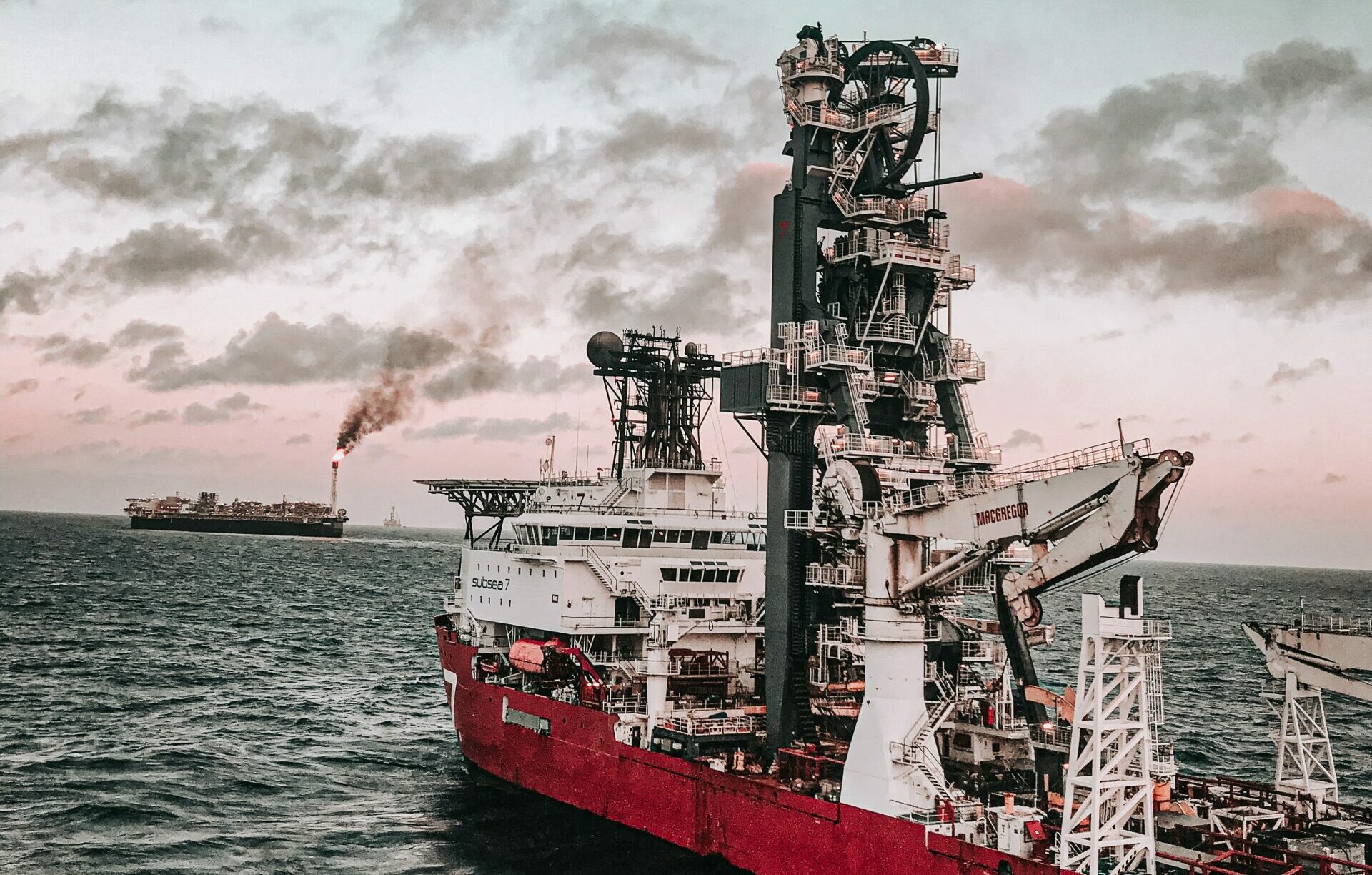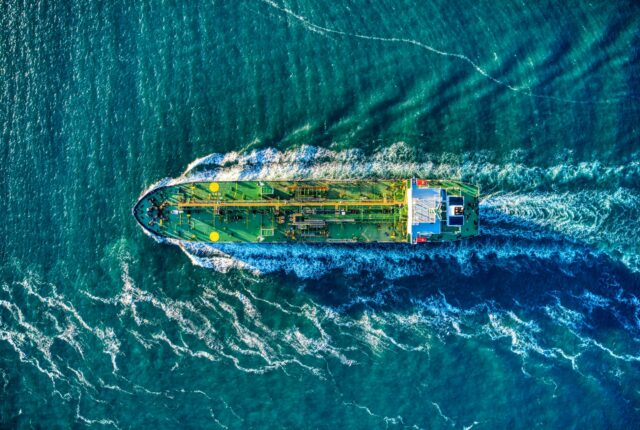
Should Emissions be considered when chartering a vessel?
With the commencement of Marine Money Asia Week, it is highly likely that there will be another round of conferences and discussions on marine decarbonisation. These discussions will revolve around how this transition is being implemented, the need for effective inter-collaboration, the exploration of alternative fuels, and various related green maritime topics.
In the commodities markets, trends tend to follow cyclical patterns, and decarbonisation is no exception. It has now entered a critical phase, exemplified by the European Union Emissions Trading System (EU ETS). Ship charterers and operators are faced with the reality that they must take concrete actions.

We engage with Tim Spragg, CEO and Founder of Vasco Systems on the crucial topic of emissions and should emissions be considered when chartering a vessel.
Tim started his career at Arcadia Petroleum, where he worked in a variety of positions that ranged from back-office operations to freight trading.
Prior to moving to Asia in 2005, Tim worked as a Charterer, Shipowner and Shipbroker for various MNC companies.
The larger firms, if not already engaged, are likely to be better prepared for this shift. However, a significant percentage of industry players, who have traditionally delegated emissions concerns to their technical departments, may not be as ready. While the technical teams excel in efficiently managing vessel operations, there may be a gap between the engineers running the vessels and the commercial teams responsible for determining routes and charterparty speeds.
One of the biggest hurdles in addressing emissions is prioritizing price over environmental concerns. It is not uncommon to hear statements like, “If it doesn’t impact my profit and loss statement for now, then I’ll wait and see” or “If the EU ETS regulations come into play, we won’t send our ships to Europe.”
There is a need for accountability and a sense of responsibility towards decarbonisation. The tools and technologies necessary to make informed decisions about emissions are available. Vasco offers modern, cloud based Commercial Freight Management software, making it more accessible and efficient, with a focus on end-to-end CO2 emissions monitoring, as we move toward a greener and more digitized world.
Ultimately, shipping would become both better and greener if emissions considerations are discussed pre-fixture. Whilst implementing various technological solutions such as widgets, sensors, and capture devices is valuable, if you instruct the vessel to operate in an environmentally responsible manner from the outset, you can be aligned with reduction strategies before the ship leaves the load port.




